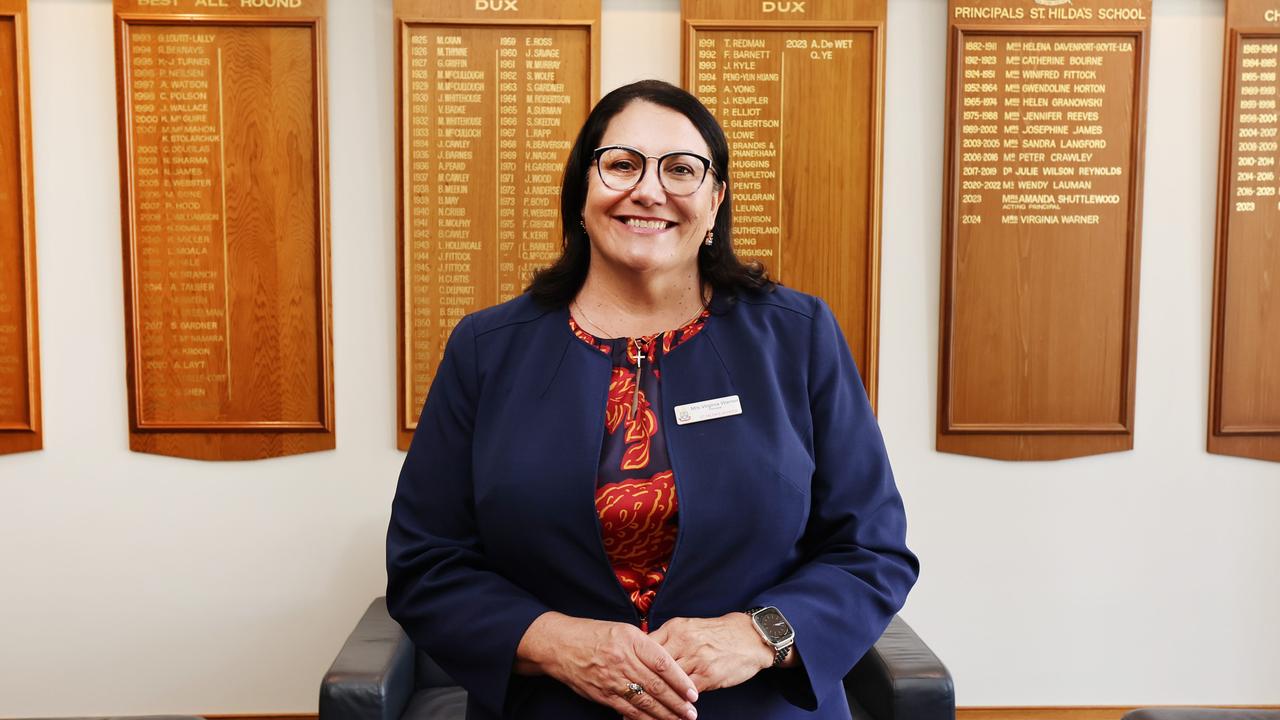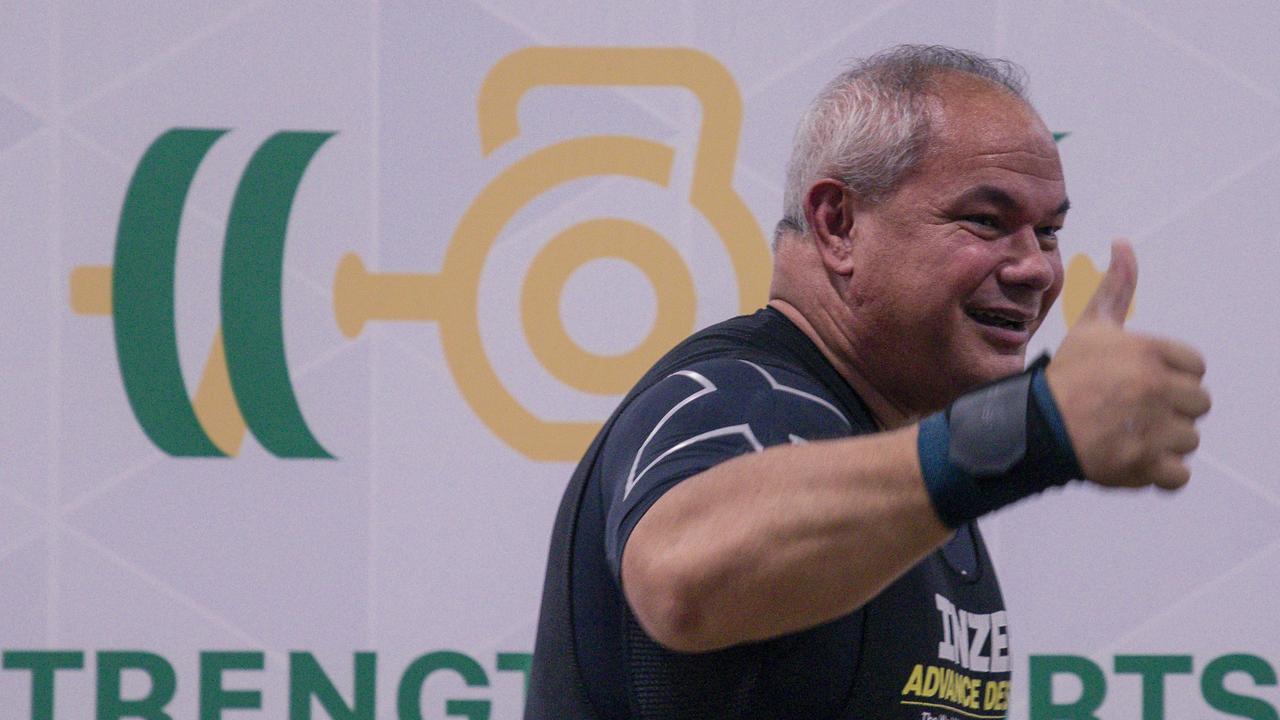New Gold Coast company by Clare Starling aims to get female sports stars a slice of the action
Sick of hearing all talk and no action on support and sponsoring women in sport, this new Gold Coast company aims to show the big boys how it’s done. FULL STORY

Gold Coast
Don't miss out on the headlines from Gold Coast. Followed categories will be added to My News.
For four weeks, this golden girl threw her Olympic muscle behind a precious brand endorsement.
She spent long weekends at the stores, always smiling, knowing that, even as an elite athlete, commercial backing is hard to come by when you’re a woman in sport.
Which is why, at the end of this month-long slog, she didn’t even think to complain when she received her payment … a $500 burger voucher.
But this is the fuel that drives Clare Starling.
The former News Corp Australia executive has teamed up with Nicole Comerford, a former competitive swimmer and water polo representative with a career leading teams in media, marketing and sport, to create Inner Sanctum Sports Management.
As co-founders and directors of this Gold Coast born and bred company, the duo are dedicated to empowering female athletes and driving real change in the sports industry – and burger vouchers are absolutely not on the menu.
“The worst part about that burger brand deal wasn’t the voucher itself, it was that the female athlete walked away really thinking that was her worth,” said Ms Starling.
“And she’s one of the ‘lucky’ ones. There are so many accomplished female athletes and no one will even take their call. It drives you crazy.”
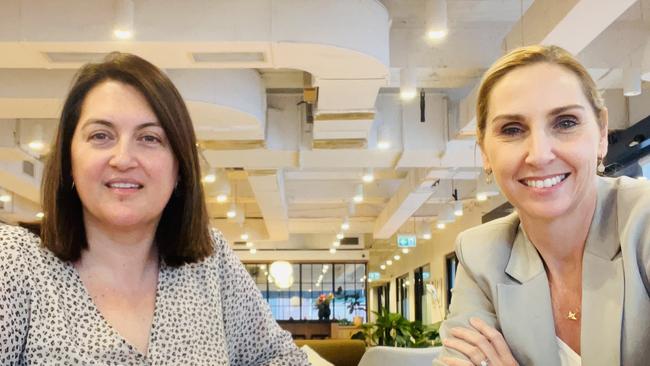
There’s no question that women are driving a new age in Australian sports – from audience engagement to actual achievement.
Witness the national fever when the Matildas made it to the semi-finals in the Women’s World Cup, or the fact that at the Paris Olympics, 13 of the 18 gold medals won belonged to female athletes, while 27 of the 45 won overall came from women.
For Ms Starling, mother of two young female athletes herself, she said brands were talking big about supporting women in sport, but little action was actually being taken. But she said part of the problem was many businesses simply did not know how to get in the game.
She said that’s where Inner Sanctum’s experience in media and communication, monetisation and digitisation came into play.
“Everyone says they want to help and support women in sport but the dial just was not moving,” she said.
“Nicole and I were just at the point where if we went to another event that talked about supporting female athletes but where no one was actually doing anything, we were going to lose it.
“Even investing in clubs that have female teams, that’s great but that’s going to the clubs, not the women playing while working full-time jobs.
“Many organisations understand why investing in women’s sports is important, but corporate Australia is struggling to move beyond the ‘why’ and into the ‘how’. We’re all about the ‘how’.
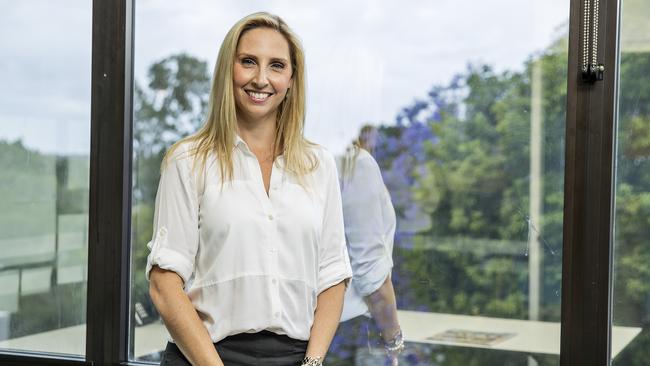
“Often, investments are made as an ESG (environmental, social and governance considerations) checkbox exercise, without fully leveraging the potential.
“To be frank we were bored with the conversation of ‘we need to invest in women’s sport and female athletes’. Of course we do, it is the right business decision and the opportunity is ripe now as the value is higher and greater than ever before.”
Indeed, the numbers don’t lie. In recent years there has been exceptional growth in women’s sport across viewership, attendance, engagement, and general perceptions. In 2024, 89 per cent of general sports fans in
Australia said they engaged with women’s sports in some way, which has increased by 12 percentage points year-on-year. But most importantly, from a business perspective, every dollar invested in women’s sport offers a far better return than investing in men’s sports.
Ms Starling said a study by the Office for Women in Sport and Recreation found that for every $1 invested in women’s elite sport, there was a return of $7.29 in customer value, translating to more than $650 million in customer value annually for early corporate supporters of women’s sports.
“That compares to a return of about $3 for every $1 invested in men’s sports. It just makes for businesses to get involved.
“Yet the disparity in investment between men’s and women’s sports in Australia is stark. Women’s sports receive only 12 per cent of the investment compared to men’s sports, despite the proven benefits of such investments.
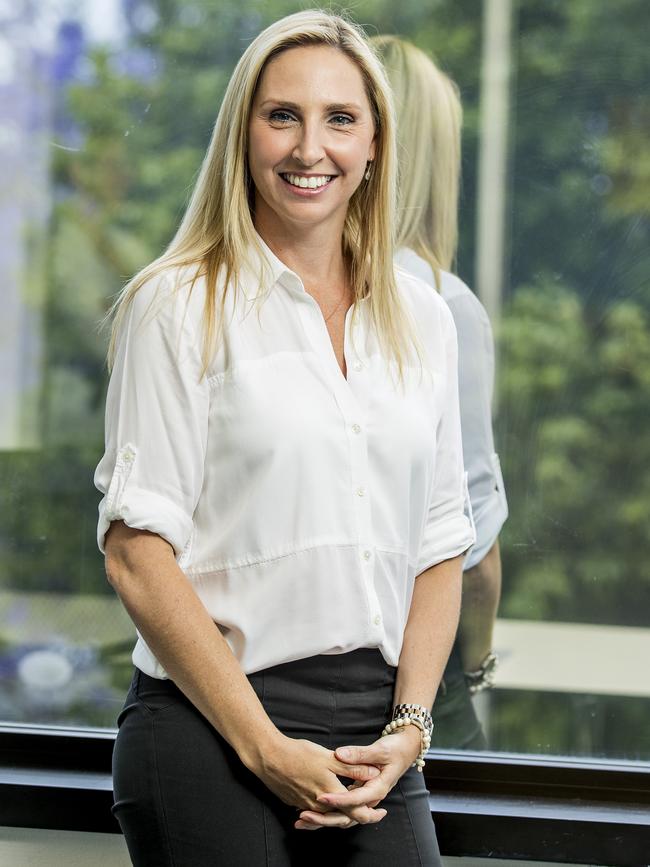
“This gap not only hinders the growth of women’s sports but also means missed opportunities for brands to connect with a highly engaged and growing audience.”
Ms Starling said Inner Sanctum worked by helping athletes find corporate and branding opportunities, helping brands get in the game of women’s sports sponsorship and consultancy support for sporting bodies. She said the company aimed to serve as the vital link between athletes, brands and the wider community.
“There is so much growth on offer in women’s sports, and so many opportunities, but because it’s still in the early stages, a lot of the people working in this area are responsible for multiple roles,” she said.
“It’s not just the athletes who are multi-tasking, it’s a passion project even for a lot of people behind the sporting bodies, so we’re trying to make this a field where people can afford to just do their one job really well.
“Brands don’t necessarily know what to do either, so we want to draw up a game plan that works for everyone.
“I’m raising daughters and I’ve sat at the boardroom table, I know what it’s like when you have to continually explain your worth. It’s not yet a level playing field.
“We’re lucky here on the Gold Coast that we have some fantastic female role models who are in the sporting industry, women like Rebecca Frizelle, Tracy Woodbury and Kate Jones, they are incredible advocates for women in sport.
“But we can’t leave it all on their shoulders, and we can’t make this path any more difficult than it already is. That’s where we see our role.”
Ms Starling said while the company represented a number of female athletes, they were not a talent agency.
She said they aimed to represent all female athletes when it came to sponsorships and investment, but also wanted to help individuals with everything from contract negotiations to media training and career and financial planning.
But sometimes, it’s a matter of teaching brands what’s best for them.
“We get sick of brands asking us ‘who do you have’, the question they need to ask themselves is what they need,” she said.
“Whatever they need, there will be a woman in sport who can represent them, so don’t limit yourself. That’s why we will never publish our athletes as a catalogue on the website. We’re not here to promote just a few women in sport but all women in sport.
“We want the best outcome for the brand, because that is what builds ongoing investment, and that is what will build the best future for women in sport.”
Under this game plan, everyone really can be a winner when it comes to women in sport.
And the prize will most definitely not be a burger voucher.
More Coverage
Originally published as New Gold Coast company by Clare Starling aims to get female sports stars a slice of the action




